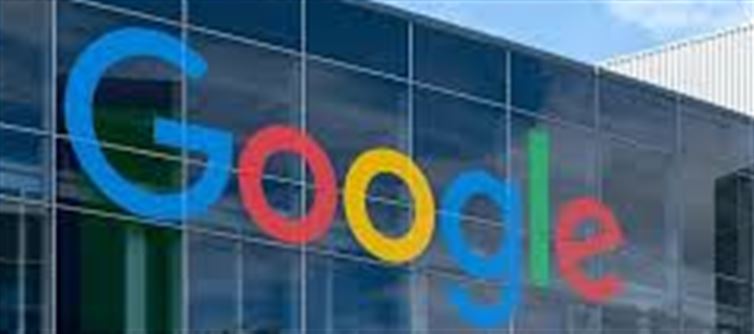
In a surprising admission, google has revealed that the open web is “already in rapid decline”, raising concerns for publishers and the broader internet ecosystem. This statement, made in a recent court filing, comes amid growing scrutiny of Google’s dominance and the rapid rise of AI technologies.
1. Google’s Unusual Admission
Known for defending the internet ecosystem, google acknowledged in court that the open web is shrinking, a significant statement from the tech giant. This admission forms part of its ongoing legal tussle with the US Department of Justice (DOJ).
2. The DOJ Case Against Google
The DOJ is attempting to curb Google’s dominance in online advertising, arguing that the company’s control over search and ad technologies could harm competition. Google’s statement highlights the potential risks to smaller publishers in this rapidly changing environment.
3. Rapid AI Expansion
Google cited the rise of AI as a key factor affecting the open web. With AI-driven content generation and personalized feeds, traditional publishers may face declining traffic and revenue, potentially threatening their survival.
4. Impact on Publishers
The decline of the open web could have major consequences:
Reduced visibility for independent publishers
Concentration of traffic in major tech platforms
Loss of advertising revenue for smaller websites
5. Why the Open Web Matters
The open web ensures a diverse, decentralized internet where content from multiple sources can thrive. Its decline may lead to:
Fewer perspectives and voices online
Increased reliance on a handful of dominant platforms
Reduced innovation in online publishing
6. Google’s Role and Responsibility
As a major player in search and advertising, Google’s policies directly influence web traffic patterns. The company’s admission signals the need for strategies that support publishers and maintain a healthy ecosystem.
7. industry Reaction
Publishers and wallet PLATFORM' target='_blank' title='digital-Latest Updates, Photos, Videos are a click away, CLICK NOW'>digital advocacy groups have expressed concern, emphasizing that the shift toward AI and platform dominance could jeopardize independent journalism and smaller content creators.
8. Future Outlook
The ongoing legal battle and AI-driven changes suggest the internet landscape may continue evolving rapidly. Stakeholders are watching closely to see how google balances AI expansion with support for the open web.
Google’s admission is a wake-up call for publishers, regulators, and internet users alike. The future of the open web may hinge on how platforms, policymakers, and creators navigate the dual forces of AI and market concentration.
Disclaimer:
The views and opinions expressed in this article are those of the author and do not necessarily reflect the official policy or position of any agency, organization, employer, or company. All information provided is for general informational purposes only. While every effort has been made to ensure accuracy, we make no representations or warranties of any kind, express or implied, about the completeness, reliability, or suitability of the information contained herein. Readers are advised to verify facts and seek professional advice where necessary. Any reliance placed on such information is strictly at the reader’s own risk..jpg)




 click and follow Indiaherald WhatsApp channel
click and follow Indiaherald WhatsApp channel